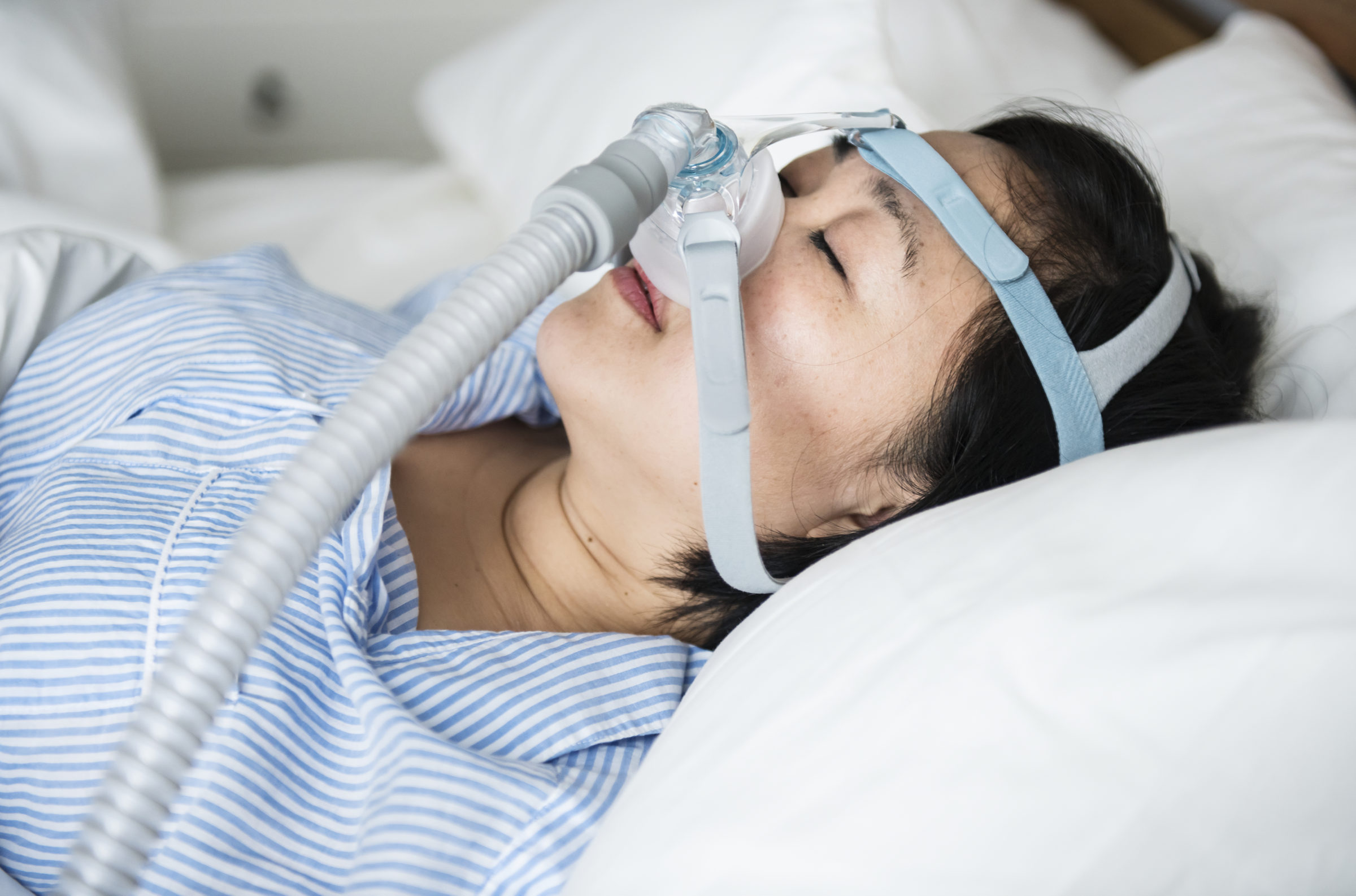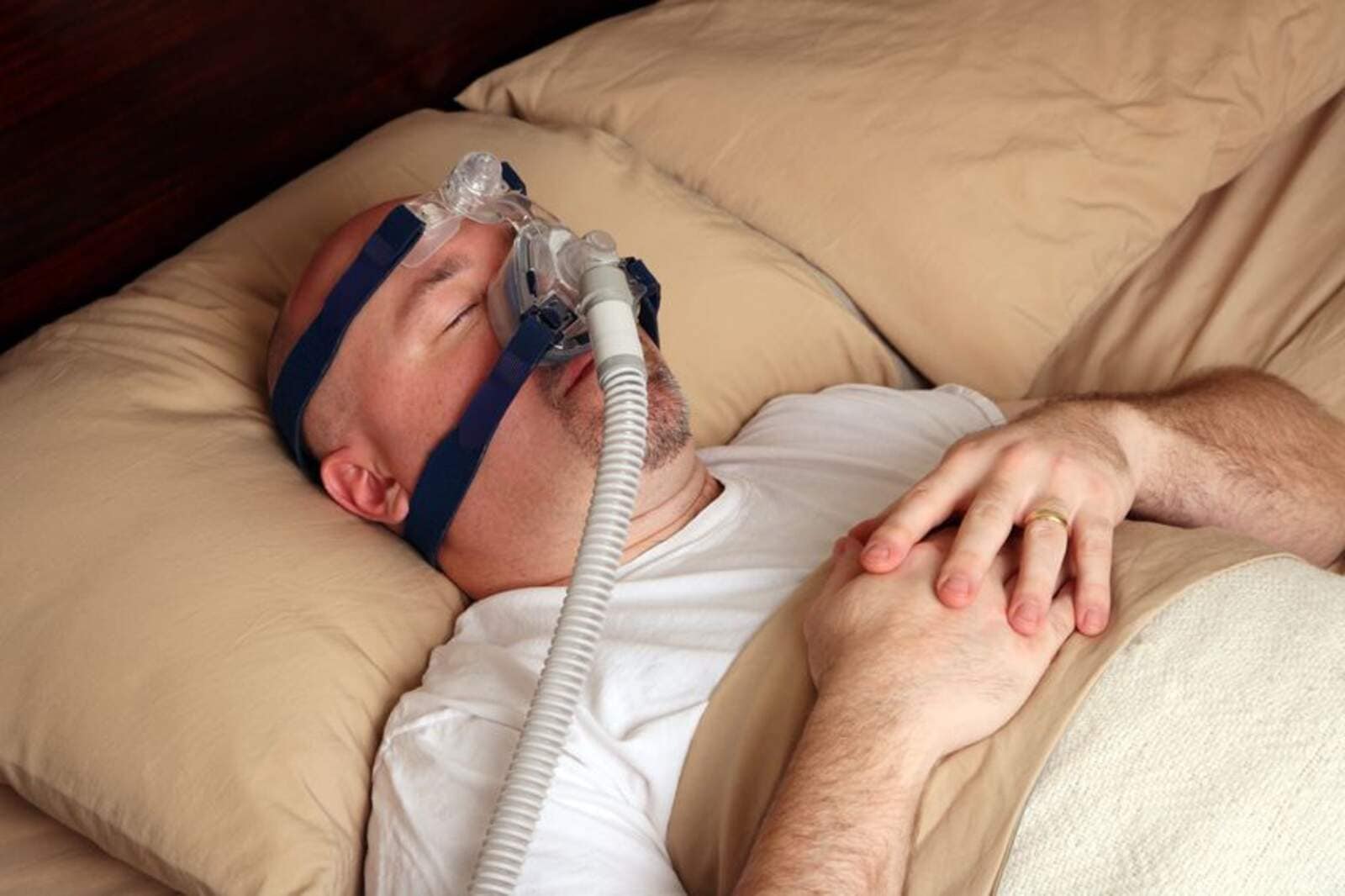You may be snoring or struggling when you sleep. If so, it’s possible to call your dentist so they can help you out. Know that sleep disturbances and snoring are indicators that there’s something that you need to fix when it comes to your oral health. Other signs are obstructive sleep apnea or OSA, and this medical condition requires immediate attention.
Some dentists may ask you about how you’re sleeping, and you may be surprised by this. This is because a Roanoke sleep apnea dentist may want to detect these sleep disorders early on. With the continuous breathing interruptions at night, the condition can go from mild to severe in a few years if this is left untreated.
The pauses in breathing can last from a few seconds to several minutes. This occurs up to 30 times or more in a day. The pauses happen because the throat’s back muscles are flaccid, your jaw is very small, and you have a large tongue. The result is an airway obstruction that needed fixing.
Signs and Symptoms
One of the early signs that you need to watch out for is sleep apnea is bruxism, or teeth grinding. Many dentists may do a thorough inspection of your teeth. They will look for signs of grinding like breakage, tooth wear, receding gums, and inflammation. The increase in cavities is another indication that the teeth are damaged. Since there’s disfigurement, bacteria tend to enter into the pulp, resulting in toothaches.
At night, a patient with sleep apnea will grind his teeth and tense his jaw. These activities may send messages to the brain to force the body to wake up so the individual can take a breath. Grinding is just one of the symptoms of OSA. Others are redness in the throat, tongue with edges resembling that of scallops, small jaws, and many more. The redness is sometimes caused by a lot of snores at night.
Poor sleep quality is often linked to diabetes, heart disease, and high blood pressure. It’s also common for people to grasp and repeatedly wake up throughout the night, and this can cause fatigue in the morning. Other people tend to become obese when they lack sleep during the night. Learn more about sleeping on this page here.

When your orthodontist or dental hygienist suspects that you have this medical condition, they might recommend treatments and sleep studies to you. It’s worth noting that it’s the medical doctors who are often diagnosing OSA officially, and your dentist is just going to alert them about the symptoms. Some of the questions that you may want to ask your dental care provider in Roanoke include:
Is a nightguard sufficient for mouth problems? Purchasing night guards from over-the-counter drugstores and shops may not fix the root cause, even making sleep apnea worse. You may want to see a specialist first if you’re wearing night guards. You have to wear the ones that are custom-made and tailored for your needs so you can reduce jaw pain, cavities, grinding, and headaches.
If I have periodontal disease, is this a sign of a more significant issue? In some cases, tooth decay can signify that you’re doing a lot of grinding while sleeping. Periodontal diseases may show early in the form of gingivitis, where the gums tend to bleed, become red, and swell. The inflammation and infection of the bones and gums supporting the teeth should be treated immediately so you can prevent worse problems later on.
How do I know if I have this medical condition? Sometimes, your loved ones will notice when you’re excessively snoring. Other symptoms include waking up with a sore throat, fatigue, daytime drowsiness, dry mouth, and headaches in the morning.
Dental Appliances for Preventing Sleep Apnea
One of the most studied and effective treatments for preventing OSA at night is positive airway pressure or PAP. Know more about this machine at this link: https://www.healthline.com/health/what-is-a-cpap-machine.
This is a device that blows air with the help of a mask, so the airway won’t collapse no matter what time of the day it is. People with moderate or mild symptoms may sometimes find that PAP is hard to use, and they are often asking if there are other alternatives.
Other devices are dental appliances that can reposition the tongue and jaw to open the upper airways. However, these may not be too comfortable most of the time. As a result, they are often used in severe symptoms, and they are not for people who can’t tolerate PAP. It can be hard to predict the individuals who will greatly benefit from using an oral device, and they may notice hardly any difference.

Categories for Dental Devices made for OSA
Devices for Mandibular Advancements
These devices are often made up of hard plastic. They snap over the upper and lower teeth with the help of screws and metal hinges. They can be tightened so that the lower jaw is pushed forward. You may want to get a custom mandibular device from your dentist who has experience treating OSA and other breathing-related disorders.
Many of these non-certified dental hygienists may use a mold of your teeth, send it to a laboratory, then they will sell this back to you with a hefty price tag. Avoid these unscrupulous practices by doing your research and asking around for the right dentists that can do the job at a reasonable price in Roanoke.
Mouth Guards
Mouthguards work similarly to mandibular advancement devices. They can be repositioned in the lower jaw, but this is to a lesser degree. Some of the physicians may recommend that you get a hundred-dollar device, but you may also do the boil and bite method. You place the entire thing in a cup of boiling water. When it’s soft, you bite down the plastic so it will be molded in your teeth.
Tongue Retainers
These consist of a soft splint made up of plastic, and one is placed around your tongue. This way, the tongue continues to move forward and out of the mouth. However, it can be very uncomfortable and will make the mouth dry in the morning.
